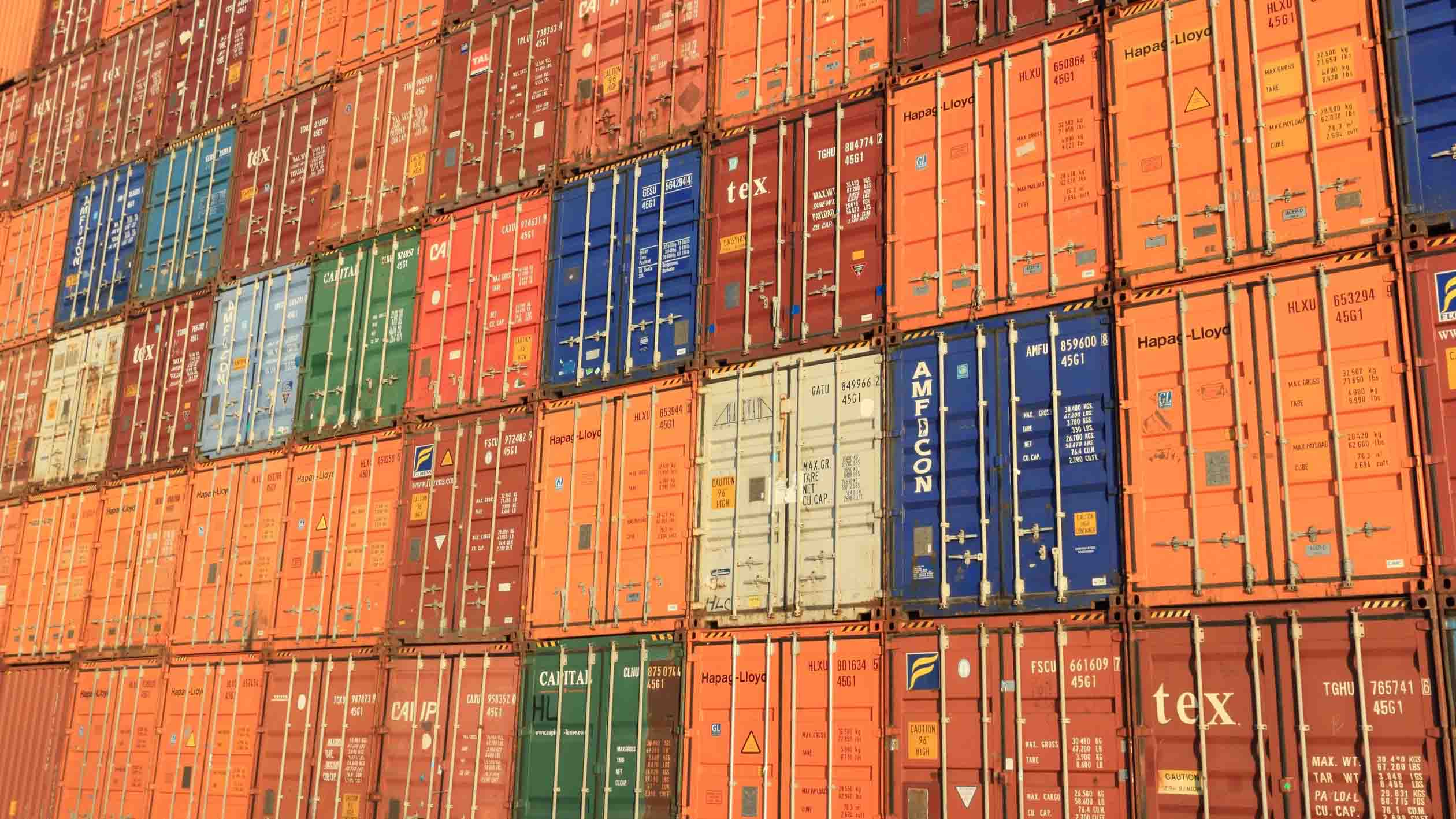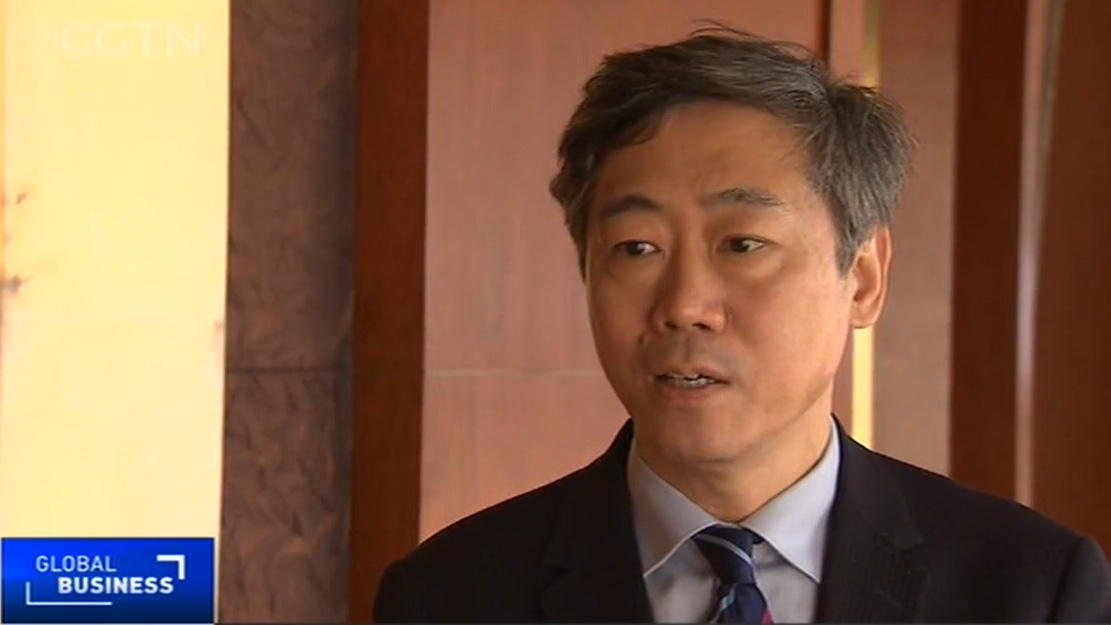02:56

The China-U.S. "phase one" trade deal announced last Friday will likely help boost the two largest economies in the world, as well as the overall world economy in 2020, according to Li Daokui from Tsinghua University and chief economist of New Development Bank (NDB).
"To some extent, the recently reached deal between the U.S. and China certainly will improve the world economy. And also the Chinese and U.S. economy of 2020," said Professor Li, "because as of now, the single largest source of uncertainty is trade friction."
However, the former adviser to China's central bank said that a long-term truce may still be a work-in-progress, and friction may continue in several areas.
"Yes, the U.S.-China trade friction certainly will certainly continue. And most likely the dispute and the friction will take forms in many many areas. It will be multidimensional," said Li.
He added that most parties are pretty much getting used to the new situation of continued frictions between the two sides.
China-U.S. decoupling impossible: Li
However, Li is confident that both countries are too deeply intertwined economically to undergo any form of "decoupling."
"We have to be very very clear that the two economies, China and the U.S., are very, very deeply integrated. So that so-called de-coupling, in my view, is not going to happen. It's impossible to decouple the two economies," he said.
Li forecasts that China will achieve six percent economic growth while the U.S. a two percent growth rate, and that the biggest uncertainty is in the financial markets. The Chinese economy, in particular, he said, would most likely be going through a year of adjustment in 2020.

Professor Li Daokui, chief economist of New Development Bank. /CGTN Photo
Professor Li Daokui, chief economist of New Development Bank. /CGTN Photo
NDB continues to focus on infrastructure investment
Li also said that NDB has been focused on infrastructure investment in member countries as the NDB research has shown that infrastructure will be the engine of economic growth in an era of uncertainties on international trade.
"And roughly speaking, we have reached the early finding that infrastructure investment, if properly done in almost all countries in the world, can over-compensate the loss in economic growth due to trade frictions."
(CGTN's Guan Xin also contributed to this article)